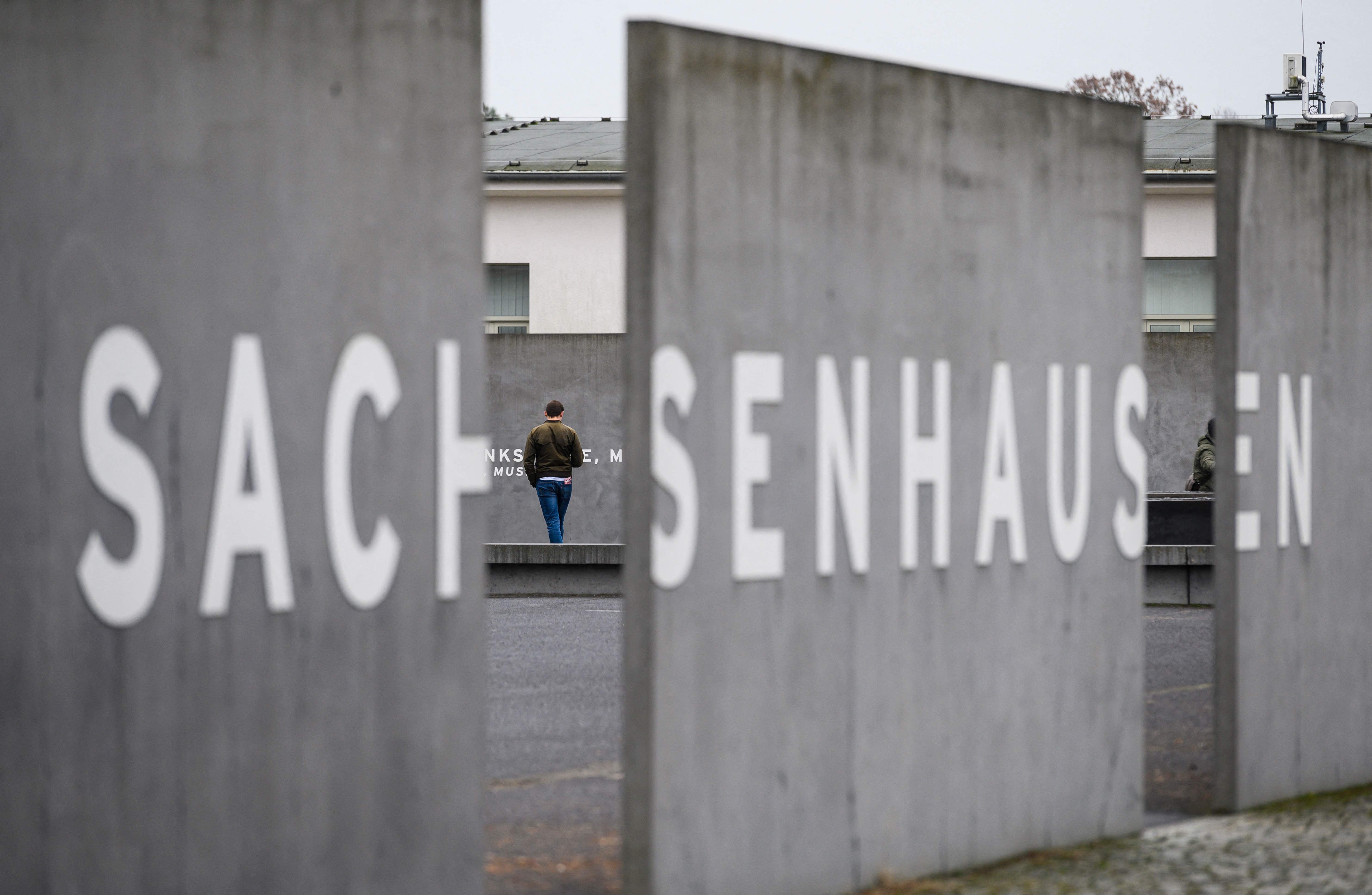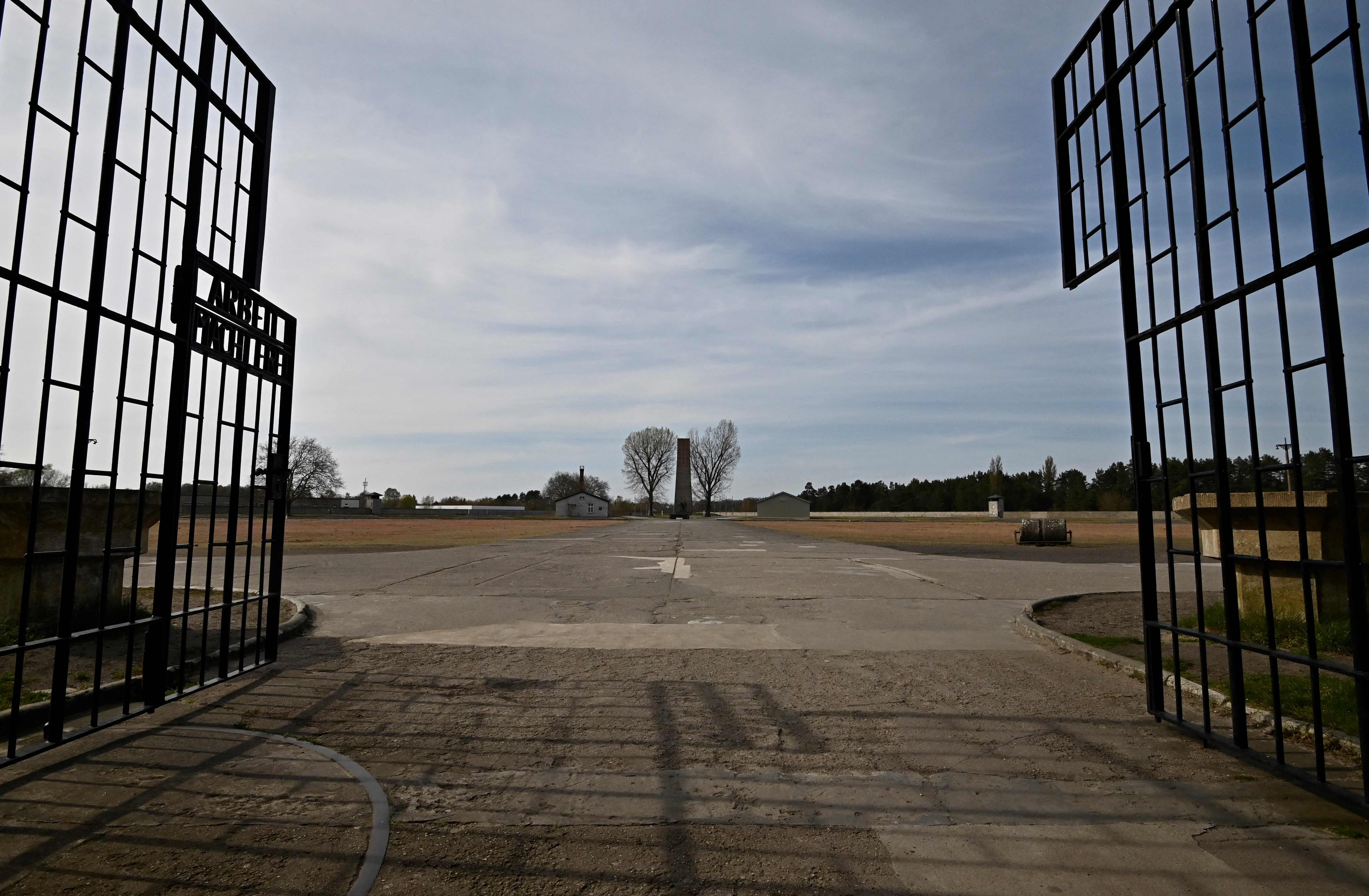Man, 98, charged as accessory to murder at Nazi concentration camp
More than 200,000 prisoners were held at Sachsenhausen between 1936 and 1945
Your support helps us to tell the story
From reproductive rights to climate change to Big Tech, The Independent is on the ground when the story is developing. Whether it's investigating the financials of Elon Musk's pro-Trump PAC or producing our latest documentary, 'The A Word', which shines a light on the American women fighting for reproductive rights, we know how important it is to parse out the facts from the messaging.
At such a critical moment in US history, we need reporters on the ground. Your donation allows us to keep sending journalists to speak to both sides of the story.
The Independent is trusted by Americans across the entire political spectrum. And unlike many other quality news outlets, we choose not to lock Americans out of our reporting and analysis with paywalls. We believe quality journalism should be available to everyone, paid for by those who can afford it.
Your support makes all the difference.A 98-year-old man has been charged as an accessory to murder at a Nazi concentration camp in Germany.
The man, who has not been named, is alleged to have “supported the cruel and malicious killing of thousands of prisoners as a member of the SS guard detail” at Sachsenhausen concentration camp between 1943 and 1945.
In operation from 1936 until April 1945, Sachsenhausen – also known as Sachsenhausen-Oranienburg – was a labour camp known for its medical experimentation area. After the end of the Second World War, when the area was Sovient-occupied, it was used by the secret police agency the NKVD, later renamed the KGB, as a special camp.

More than 200,000 prisoners were held at Sachsenhausen between 1936 and 1945, where tens of thousands died of starvation, disease and forced labour alongside medical experiments and SS extermination operations, including shootings, hangings and gassing.
Though the exact figures vary, upper estimates suggest 100,000 people died at Sachsenhausen.
The accused man is a resident of the county of Main-Kinzig, near Frankfurt, and is charged with over 3,300 counts of being an accessory to murder between July 1943 and February 1945.
Filed at the state court in Hanau, prosecutors will now decide whether to send the case to trial. Should the case move forward, the man will be tried under juvenile law to take into account his age at the time of his alleged crimes, with a psychiatric expert adding that the suspect is fit to stand trial at least on a “limited basis”.
In recent years, German prosecutors have brought several cases to allow for those that helped Nazi camps to function to be prosecuted as an accessory to murder.
In 2021, 96-year-old Irmgard Furchner was caught shortly after going on the run ahead of a court hearing on charges of committing war crimes during World War Two.

The next year, Furchner was handed a two-year-old suspended sentence for aiding and abetting the murder of 10,505 people and for the attempted murder of five people during her time working as a stenographer and typist at Stutthof concentration camp.
She was accused of being part of the accessory to the function of the camp, where she was alleged to have “aided and abetted those in charge in the systematic killing of those imprisoned there”.
In July 2020, a court in Hamburg convicted 93-year-old Nazi camp guard Bruno Dey of being an accessory to murder over his time spent at Stutthof concentration camp during the final months of the Second World War.
He was handed a two-year suspended sentence after being convicted of 5,232 counts of accessory to murder - equal to the number of people believed to have been killed at Stutthof during his time there in 1944 and 1945.





Join our commenting forum
Join thought-provoking conversations, follow other Independent readers and see their replies
Comments